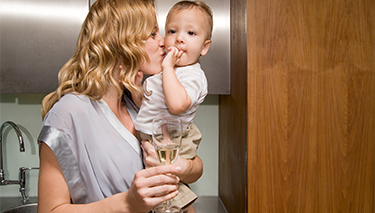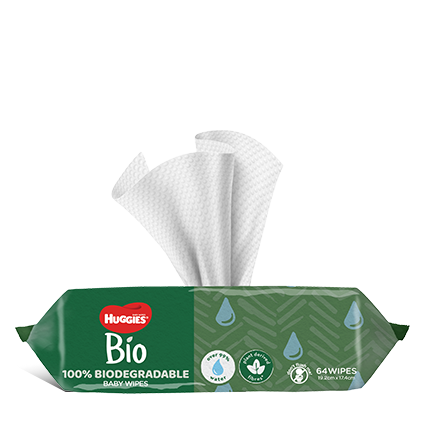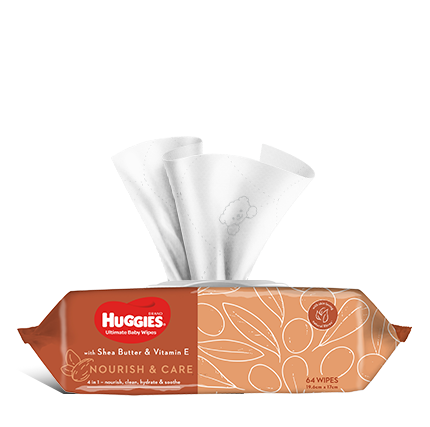There is no golden age or time when it becomes necessary to stop breastfeeding. In fact, there are such strong, clear benefits for mothers and their babies generally, that for as long as breastfeeding can be continued, it can and should be. The World Health Organisation (WHO) recommends breastfeeding continue for at least two years or beyond. Many mothers have an assumption that by the time their baby is twelve months of age, weaning off breastfeeds has to begin.
But this is not the case.
For as long as both a mother and her toddler are keen to continue feeding then there is no need to stop.
Reasons for Stopping Breastfeeds
- Some toddlers just wean themselves off breastfeeds. They no longer rely solely on the breast for satisfying their appetite and simply lose interest in feeding.
- Mothers choose to stop. Planning for another baby or not wanting to breastfeed any longer are common reasons.
- When a toddler is demanding breastfeeds day and night and not eating an age appropriate diet, mothers can sometimes make the decision to wean altogether.
- When a toddler relies on breastfeeding to go to sleep and has become so demanding of a mother’s presence to settle to sleep, then this can become a catalyst to wean.
- When a mother needs to return to work and is not keen to express her breasts or maintain her breast milk supply.
- When a mother feels she is not lactating any longer and doesn’t want to keep breastfeeding. However, there may still be some comfort benefits to both the mother and her toddler in continuing to breastfeed even though there may not be much breast milk present.
- When a mother needs to start medication which is contraindicated in breastfeeding. Many mothers defer starting back on their normal medication for the duration of breastfeeding. On medical advice they can be advised to wean if the benefits of resuming medication outweigh the benefits of continuing to breastfeed.
- When a mother feels under pressure to wean her toddler. Unfortunately, breastfeeding an older child is not seen by society as acceptable as feeding younger babies. Insensitive comments, disparaging looks and queries such as: “when are you going to stop breastfeeding that big baby” are not uncommon.
Benefits of Breastfeeding Toddlers
Although breastfeeds are no longer the primary source of the child’s nutrition, they still gain some nutritional
benefits. Mature milk is very different to the milk produced in the newborn period. But it still contains significant antibody benefits and infection fighting properties. In the busy and sometimes frightening world a toddler needs to deal with, breastfeeding can offer them comfort and security.
Many toddlers breastfeed as a means of “topping up” their emotional cup and after a short feed and cuddle, feel reassured enough to venture out again. The benefits of this can work both ways; mothers too can gain from knowing that only they are able to give their toddler what they truly want at that time. Toddlerhood is a time of venturing away, inquisitiveness and exploration. But toddlers can only do this if they feel they have a secure and safe base to start from.
Breastfeeding can also provide mothers and their toddlers a time to pause and reenergise through a busy day.
Research has demonstrated that toddlers who continue to breastfeed generally grow up with sound emotional attachment. This places them in the best position to be able to establish and maintain healthy relationships as they mature. Far from making them “sooky” or excessively dependent, prolonging breastfeeds through the toddler years can be beneficial to their sense of self. However, this does not mean that toddlers who don’t breastfeed are less emotionally intact.
Mothers benefit as well from prolonged breastfeeding. There are significant health benefits, particularly in relation to the prevention of type 2 diabetes, heart disease, breast and ovarian cancer and osteoporosis.
If You Wean Your Toddler Be Prepared For
- Perhaps feeling a little sad. Stopping breastfeeds can be a time of sadness or even grief for the end of unique time which only a mother and her baby can experience.
- Alternatively, you may feel a deep sense of relief. If breastfeeding has not been an enjoyable experience, then weaning can signal a time of freedom and a sense of getting your own body back.
- Full and uncomfortable breasts. If you have been lactating for a longer period of time, you may be unaware of just how much milk your breasts are producing. Although you may feel your toddler is only have brief “snacks”, they are generally very efficient little feeders and you may be surprised about how much you have been lactating.
- You may still have some milk in your breasts for some months after your last breastfeed. If you hear another baby crying, or see a young baby, you may feel a “let down” response.
- Your toddler may come looking for breastfeeds and protest when you don’t offer them. Wear a firm fitting top and bra which makes it difficult for your toddler to access your breasts.
- Be patient as your toddler learns how to drink cow’s milk from a cup. It can take weeks for them to learn there is an alternative to breast milk. Just keep offering cups of milk and eventually they are likely to become interested. In the meantime you may want to increase their intake of dairy and calcium rich solid foods.
- A change in your toddler’s appetite. If they have been filling up on breast milk, then they are likely to become hungrier for solid food once you have weaned. Breast milk is low in iron so perhaps they would benefit from being offered iron rich foods such as red meat and green leafy vegetables.
- If your toddler has been sleeping with you and breastfeeding through the night, you may need to think about a change from co-sleeping. Check the Huggies pages on Sleep and Settling regarding alternative ways of settling your toddler to sleep.
- Expect your toddler to behave in the same way as they have been when they are looking to be breastfed. They are likely to protest and become distressed if their usual strategies don’t work. Be prepared to be consistent, kind and calm as you implement distraction techniques which will hopefully, get their interest onto something else other than breastfeeding.
- Give your toddler lots of cuddles and attention as they adapt to weaning. Although they will no longer be having breastfeeds, this does not mean an end to the special relationship you share with them.
Last Published* May, 2024
*Please note that the published date may not be the same as the date that the content was created and that information above may have changed since.




















